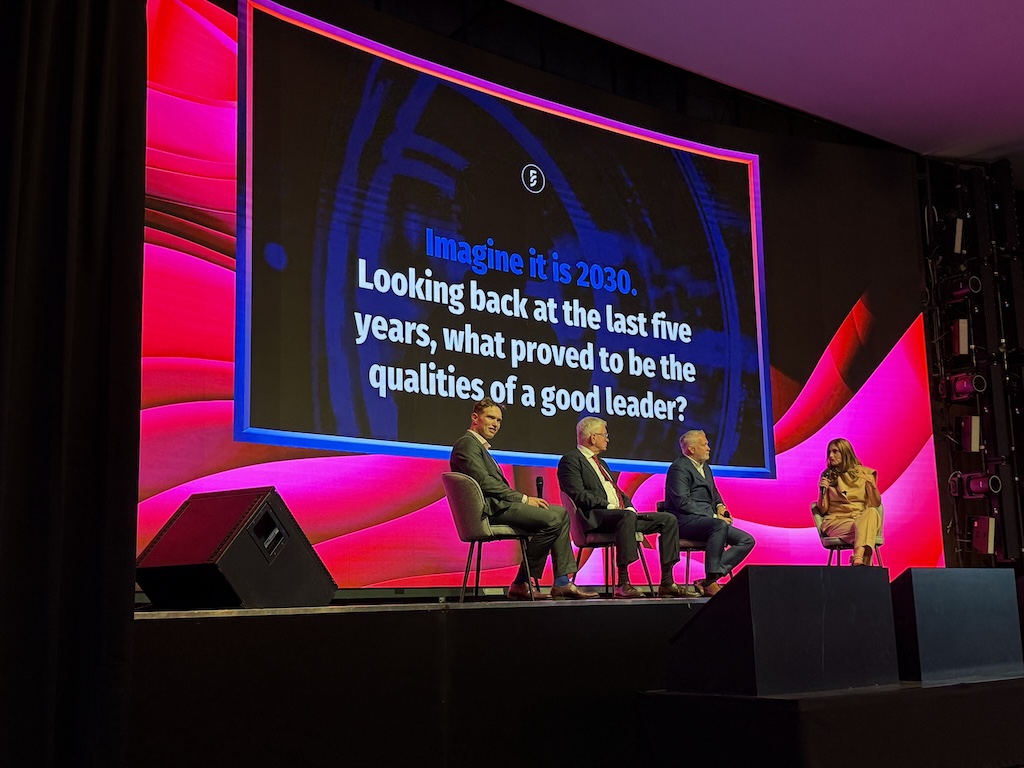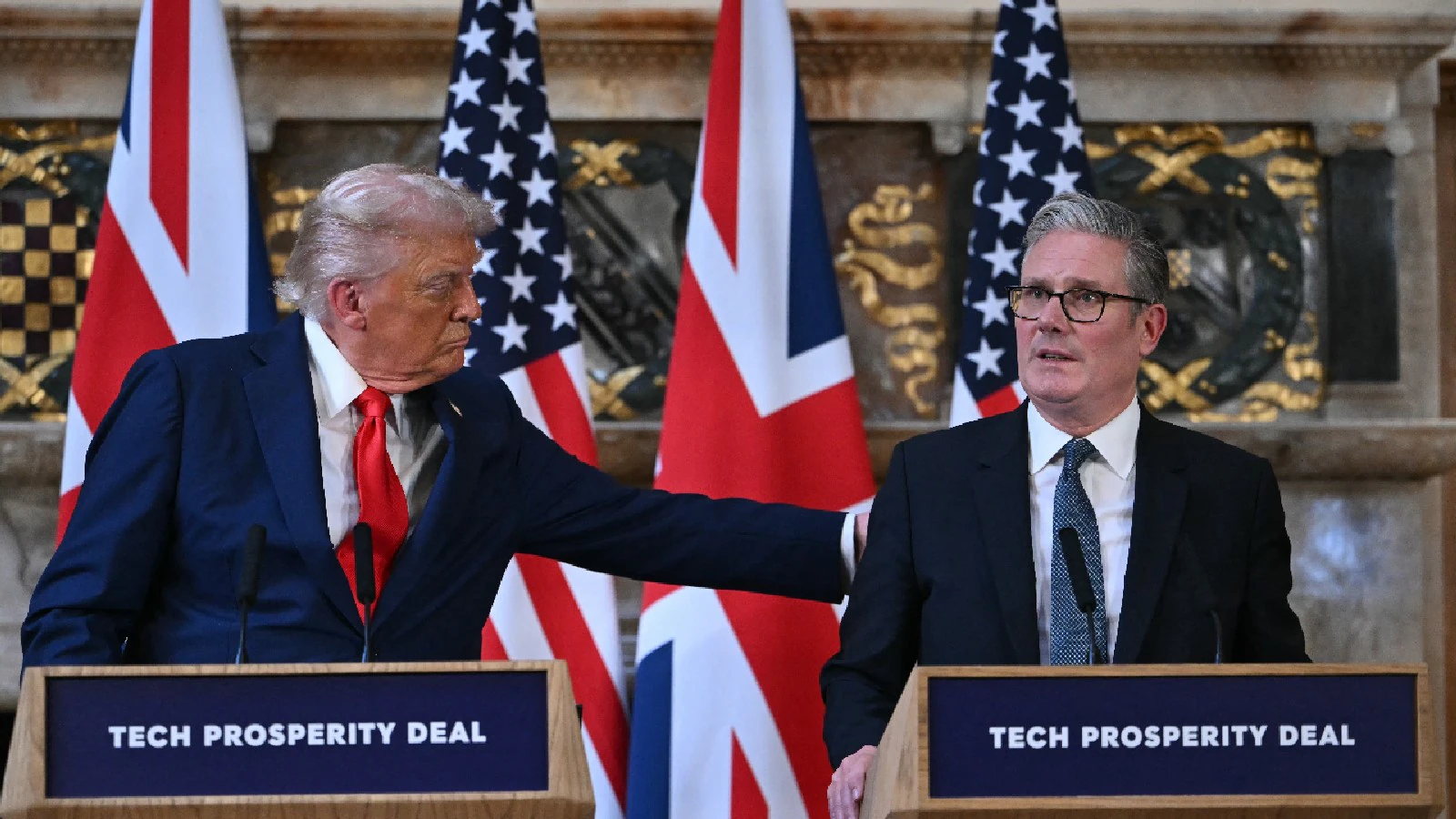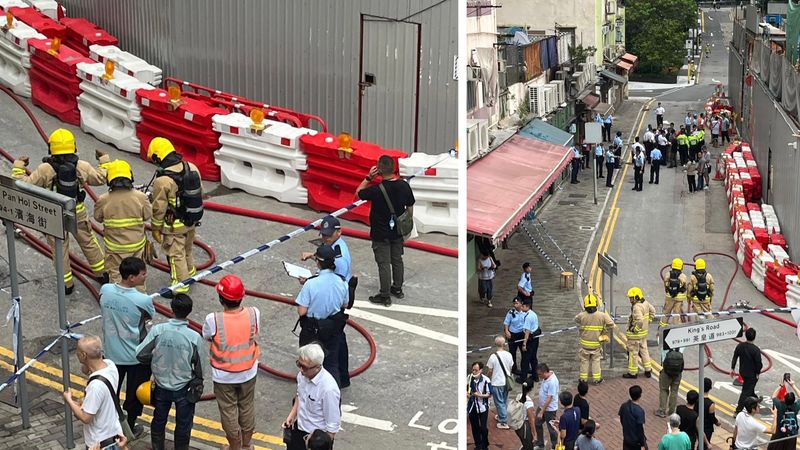By Diana Stafie,Oana Vasiliu
Copyright business-review

The Impact CEE conference hosted a thought-provoking panel titled “From operational to inspirational: redefining leadership in uncertain times”. Moderated by Diana Stafie, founder of Future Station, the discussion brought together leaders from diverse sectors: Morten Reimers (Barkhill Group), Marcin Moczyróg (Uber, Central and Eastern Europe), and Jacek Jaśkowiak (Mayor of Poznań).
Stafie framed the conversation around one central question: What are you doing today that will make you a great leader in 2030? With the world facing increasing uncertainty, from geopolitical conflict to the rapid rise of artificial intelligence, the panelists reflected on resilience, decision-making, and the human side of leadership.
Resilience and collaboration
For Morten Reimers, the keyword for the future is resilience. “We need to really strongly work together. What is happening right now in the world is that certain powers want to separate us, and they are succeeding extremely well. To counter this, collaboration is essential if we want to make the future safe for all of us.”
Reimers also drew on his business experience in Central Europe, pointing out that while companies are eager to invest, governments are often slow to adapt. “We invested 50 million euros in a factory in Romania. Getting approval took five months. Things are not moving as fast as they should.”
Security and geopolitics
From the perspective of Jacek Jaśkowiak, mayor of Poznań and former entrepreneur, leadership in uncertain times cannot be separated from geopolitics. “Living in Poland, with a neighbor like Russia, the most important thing is to be strong enough not to be afraid. We must invest in defense and learn from the experiences of Ukraine and Israel.”
He stressed that local leadership also plays a role in ensuring communities feel protected, while acknowledging the political tensions that complicate long-term decisions. “It is not easy, because in democracies we always have debates, criticisms, and commentary. But from a five-year perspective, the ability to make the right choices will be crucial.”
Empathy as the core of leadership
Marcin Moczyróg, General Manager for Uber in CEE, argued that while technology and global crises reshape the external world, human needs remain constant. “The world is changing, but people are not. What we dream of, what we aspire to, and what we fear has not changed and will not change in the next five years.”
Moczyróg believes the acceleration of change, driven by AI, geopolitics, and economic growth in Central Europe makes empathy more important than ever. “For me, leadership is about empathy, about understanding who people want to become instead of telling them what to do. It’s about rewarding merit, embracing diversity, and leading by example. Out of all these, empathy will be the most important, because today we already see stress, burnout, and anxiety even among the best people.”
Imagining possible futures
To conclude the session, Stafie challenged the speakers to react to provocative “future headlines” and consider their implications.
Jaśkowiak chose the question of raising the retirement age, calling it politically difficult but necessary: “It is not easy, but Europe must take this decision. Multi-generational workplaces will be the reality of the future.”
Reimers pointed to China’s influence, warning that Europe is not prepared: “If you want to see the future, you go to China. They are way ahead of us. And Europe does not yet have the mechanisms to handle the scale of their expansion.”
For Moczyróg, the headline about 90% of purchases happening on digital platforms resonated most strongly. “As a representative of a digital company, I would be disappointed if this took five years. But it also means every consumer preference will be tracked and analyzed by AI. Decision-making will no longer be category-based, it will be fully data-driven.”
Leadership for 2030
The panel closed with a reminder from Stafie that imagining possible futures helps leaders prepare today. “If we don’t like certain scenarios, we can work now to change them. If we do like them, we should move towards them.”
What emerged from the conversation was a vision of leadership that blends operational resilience with human empathy, local security with global awareness, and the ability to imagine tomorrow’s challenges while acting decisively in the present.



